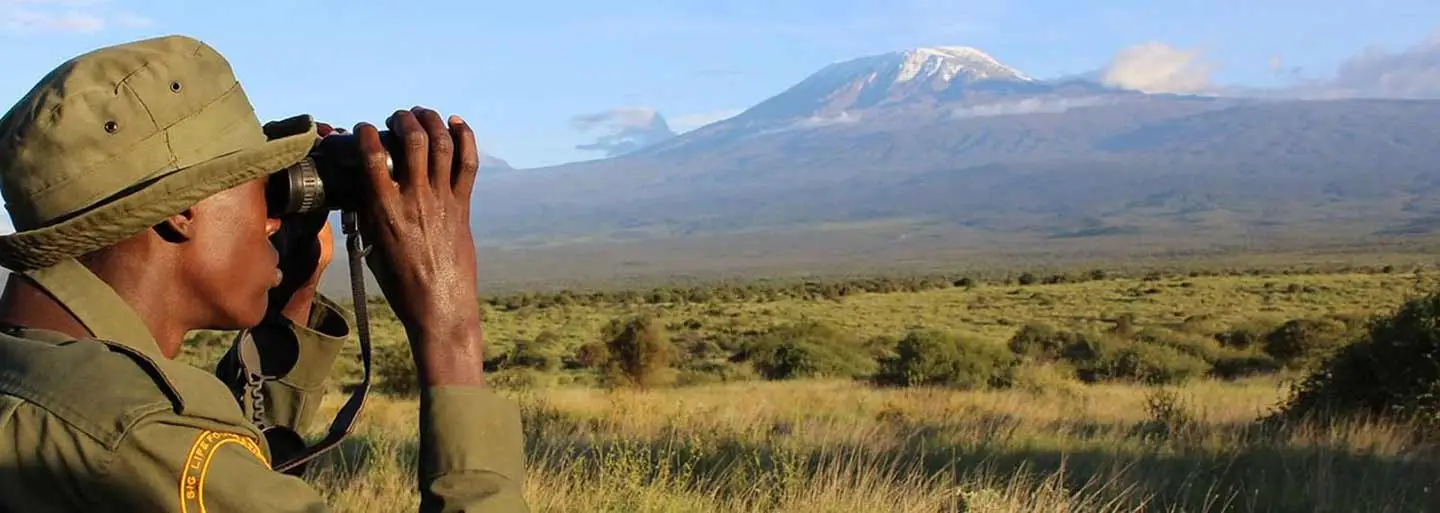Developing Alternative Frameworks for Community-based Conservation: Piloting Payments for Environmental Services (PES) in Tanzania's Simanjiro Plains
Nelson, Fred
Developing Alternative Frameworks for Community-based Conservation: Piloting Payments for Environmental Services (PES) in Tanzania's Simanjiro Plains
Case study on piloting payments for environmental services (PES-Biodiversity) in the Simanjiro Plains, Tanzania - The Simanjiro plains provide a key wet season dispersal area for wildebeest and zebra migrating from northern Tanzania’s Tarangire National Park. The plains lie within the boundaries of the lands of three villages occupied by Maasai pastoralists. Wildlife populations have declined substantially over the past two decades, largely as a result of illegal over-hunting and the spread of agricultural land uses in the area. Efforts to enlist local community support for wildlife conservation have, since the 1970s, been undermined by conflicts over land tenure and resource use. In order to address the deteriorating status of wildlife populations and their habitat on the Simanjiro plains, an alternative framework for community-based conservation was developed starting in 2005 through a payments for ecosystem services (PES) agreement. This agreement emerged from the collaboration of local communities with a diverse group of NGOs and private tourism companies, several of which have extensive and long-term experience in the area. The agreement built on customary pastoralist land use practices to build village-level incentives for wildlife conservation. The agreement has produced an important new framework for community-based conservation in Tanzanian village lands by overcoming existing institutional impediments to community involvement in wildlife conservation through a cost-effective and administratively simple PES structure. This case provides another significant variation on the Community-Based Wildlife Management paradigm in Africa, by adding conditional PES in a unique way: the tour operators never take their customers to visit the areas where communities are being compensated for adjusting their land management practices, but the system developed remains in the mutual interest of the tour operators, the tourists, and the communities nonetheless.
Michael Colby
USAID/E3/LTRM
2013-03-06
none
Wildlife Conservation Society
- Project technical document (e.g. focusing on one or more aspects, such as technical approach, monitoring, application of a specific tool, etc)
- Tool/methodology (e.g. legal analysis, value chain analysis, participatory methods, rapid assessment)
- Site-based case study
★★★★
- Africa - East
Tanzania
Simanjiro/Tarangire
USAID, Sand County Foundation, Bradley Fund for the Environment
TransLinks
- Wildlife
- Biodiversity
- Tourism
- Rangeland
- Whole Landscape
- Biodiversity
- Promoted local land use planning and appropriate resource tenure systems - [Critical]
- Fostered innovation, social learning, and adaptive management - [Accomplished]
- Invested in local organizations - [Accomplished]
- Promoted or developed economic strategies for natural resource management - [Critical]
- Proportional equivalence between benefits and costs - [Accomplished]
- Created a framework for better NRM choices - [Critical]
- Strengthened markets and NRM market incentives - [Critical]
- Local stakeholder input into public decisions and policy - [Critical]
- Natural resource authority and functions distribution - [Critical]
- Continuous and inclusive consultations - [Critical]
- Land use planning
- Devolution to communities
- Managed grazing
- Participatory Planning
- Payments for ecosystem services
- Governance/empowerment - [Communal]
- Environmental/productivity - [Communal]
- Economic/income generation - [Communal]
- Governance/empowerment - [Communal]
- Environmental/productivity - [Communal]
- Economic/income generation - [Communal]
- Lessons learned (Success Story)
- Governance - [External or structural policies that influenced success or failure]
- Economic - [External or structural policies that influenced success or failure]
- Resources - [External or structural policies that influenced success or failure]



